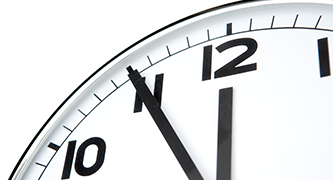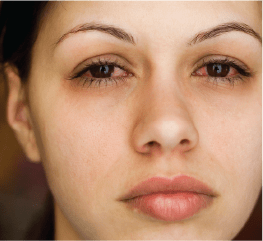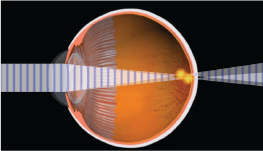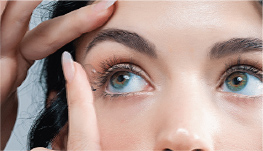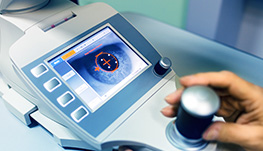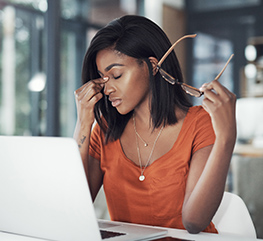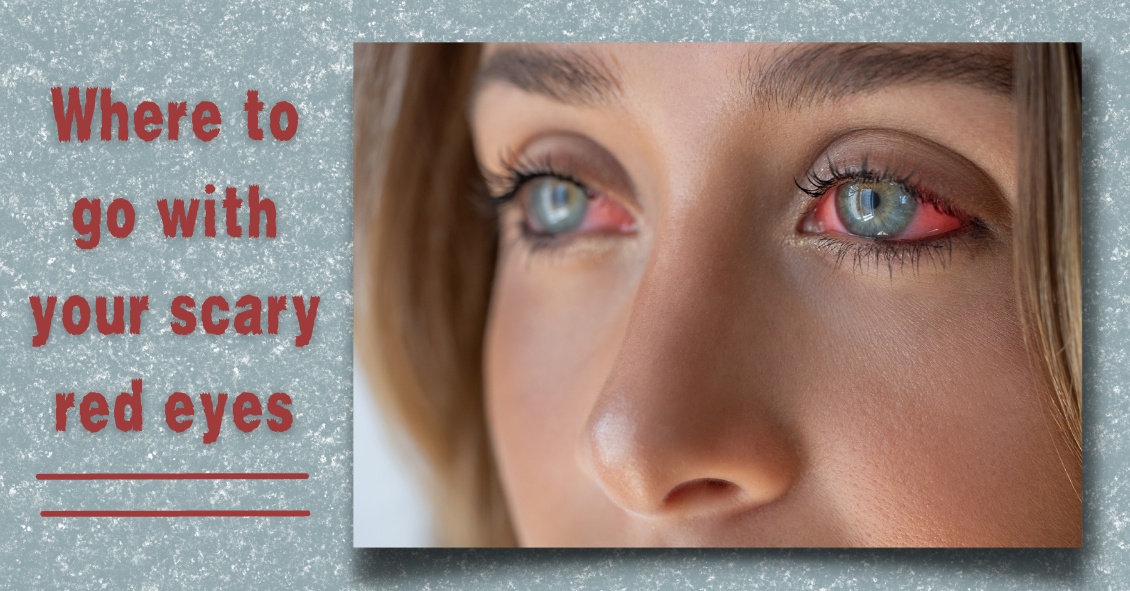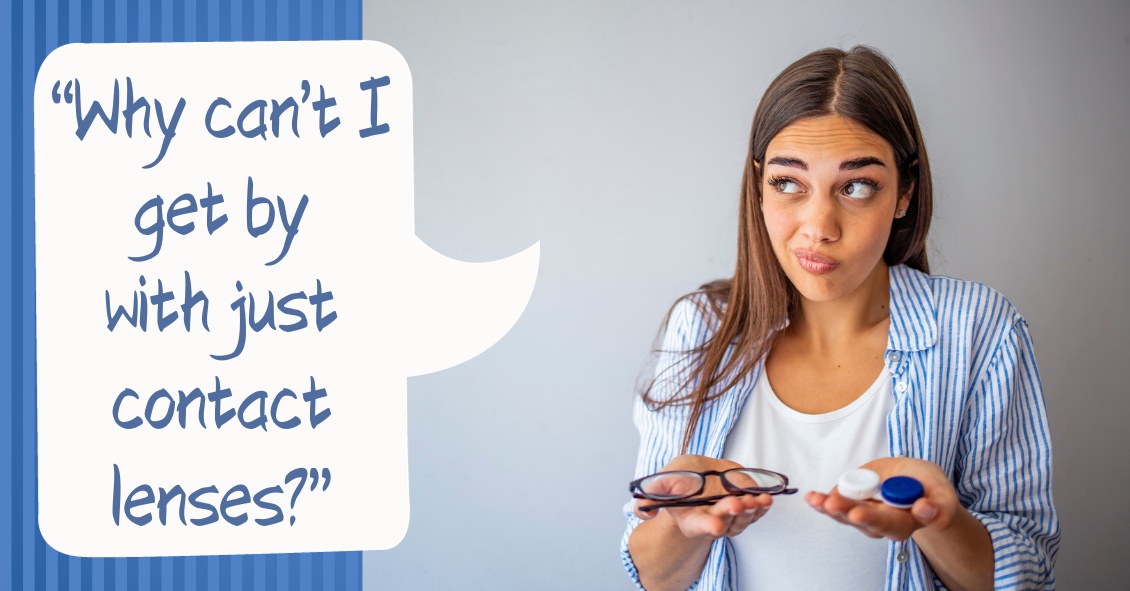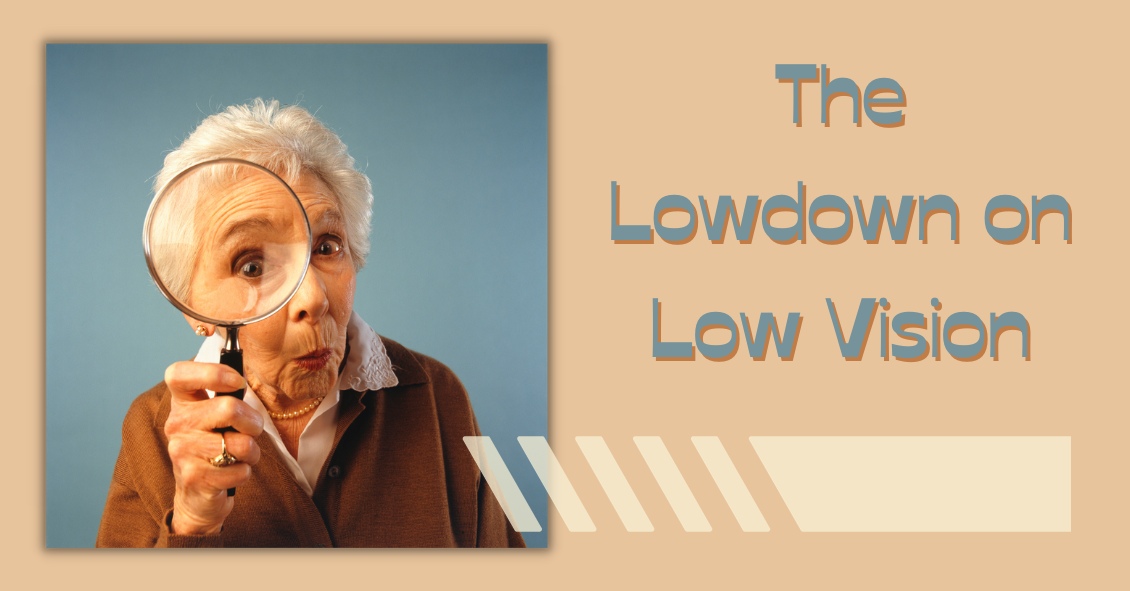Welcome to Precision Eye Care!
Our practice proudly serves the Mt. Juliet and Middle Tennessee area with a tradition of quality service and a friendly staff. We are a privately owned practice established in 2010. We are proud to be a part of this community and strive to support it however and whenever we can.
Drs. Amber and Ryan Fritsch take great pride in offering every patient the absolute best in vision care--whether through fitting them with eyeglasses or contact lenses, diagnosing cataracts, glaucoma, and other eye diseases, or recommending the latest advances in eye care including myopia management and dry eye treatment. Our exams are some of the most thorough you will experience using the latest technology, and our goal is to fully educate you on all aspects of your prescription and eye health. We welcome your questions and are happy to explain treatment options.
Myopia (nearsightedness) is becoming more common in kids at a much younger age, and we recognize that this is a source of concern. Knowing that higher amounts of nearsightedness can not only impact how patients function daily, but carry increased risk for ocular health problems later in life, we are pleased to be able to offer several myopia management treatment options and discuss which may the best fit for each patient.
Dry eye is also very common among the population. We understand that dry eye can impact your quality of life, and artificial tears don't always solve the problem. Our doctors recognize the need for levels of treatment options depending on how severe your dry eye is, and are able to provide those different options. We offer Lumenis OptiLight (IPL, or Intense Pulsed Light therapy) for treatment of moderate to severe dry eye as well as rosacea.
At Precision Eye Care, we take your vision and eye health seriously, and partner with our patients in making decisions about their care. We look forward to seeing you!









